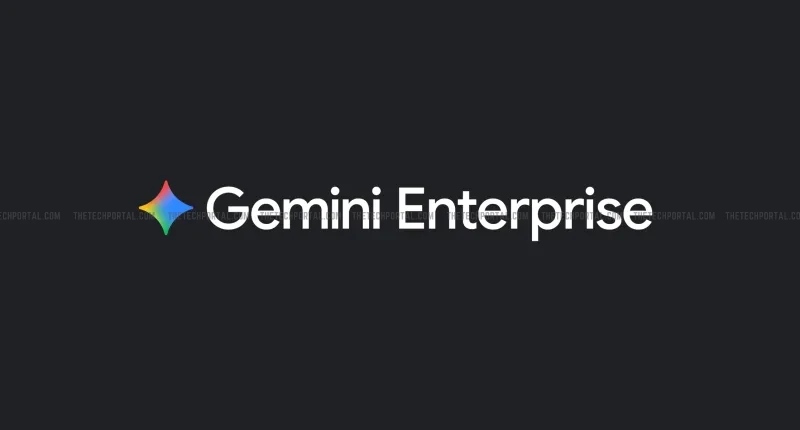On Thursday, Alphabet’s Google lifted the veil off Gemini Enterprise, a new AI platform that represents the firm’s largest effort to date to secure market share in the rapidly expanding sector of enterprise-grade AI tools. The platform aids users in creating and deploying autonomous AI agents capable of interacting securely with proprietary corporate data and complex internal workflows.
“Gemini Enterprise highlights our commitment to an open platform – working seamlessly in Microsoft 365 and Sharepoint environments. And when you use Gemini Enterprise with Google Workspace, you get further benefits. Today, we are announcing the first of many multi-modal agents harnessing the power of Gemini to understand and create text, image, video and speech, built right into the Workspace apps you already use,” the tech titan announced in a blog post.
The platform offers a spectrum of AI agents, comprising both pre-built solutions and highly customizable frameworks tailored for specific business functions, including granular data analysis, in-depth research, sophisticated customer engagement, and streamlined software development. A key feature is the inclusion of no-code development tools, which democratize the agent creation process by allowing non-programming experts to establish complex, automated workflows.
According to Thomas Kurian, CEO of Google Cloud, the system comes with the ability to enable organizations to create, share, and use AI agents across departments, as well as deep integration capabilities with disparate enterprise systems, including Salesforce, SAP, Microsoft 365, and Google Workspace. This cross-system integration can enable businesses to move “beyond simple tasks” (according to Google) toward the orchestration of entire, multi-stage workflows driven by generative AI. Gemini Enterprise also builds upon Google’s established enterprise framework, formally incorporating and upgrading the previously announced Agentspace framework.
The commercial availability of Gemini Enterprise is structured around tiered subscription models. The core Gemini Enterprise plan is priced at $30 per user per month, while a version tailored for smaller businesses, Gemini Business, is set at $21 per user per month. The pricing is accompanied by a 30-day complimentary trial period for new business clients. Both plans include Model Armor, a governance feature described as a robust mechanism for scanning and filtering potentially sensitive or unsafe AI interactions, a clear attempt to mitigate risks associated with corporate data leakage and ensure compliance with internal security protocols.
So far, early adoption signals an immediate impact across diverse sectors. Pre-launch customers include the apparel retailer Gap, the design-software leader Figma, the financial services giant Klarna, food distributor Gordon Foods, and the cruise operator Virgin Voyages, the latter of which has already deployed over 50 autonomous AI agents utilizing the Gemini Enterprise platform.
Still, this comes at a time when the battle for dominance in the enterprise AI segment remains competitive. Microsoft continues its aggressive integration of OpenAI’s models across its comprehensive suite of productivity tools, while Anthropic’s Claude models have found substantial traction, particularly among major consulting firms like Deloitte. Google’s latest offering appears to be a direct and targeted effort to recoup market share, placing strong emphasis on security-by-design, seamless cross-platform integration, and ease of deployment as key differentiators. Still, despite the aggressive marketing initiatives of major AI firms, widespread, full-scale enterprise deployment remains notably limited, and the primary barriers cited by organizations include complex integration hurdles, significant cost implications, and persistent uncertainty regarding the reliability and explainability of advanced models.
The Tech Portal is published by Blue Box Media Private Limited. Our investors have no influence over our reporting. Read our full Ownership and Funding Disclosure →






